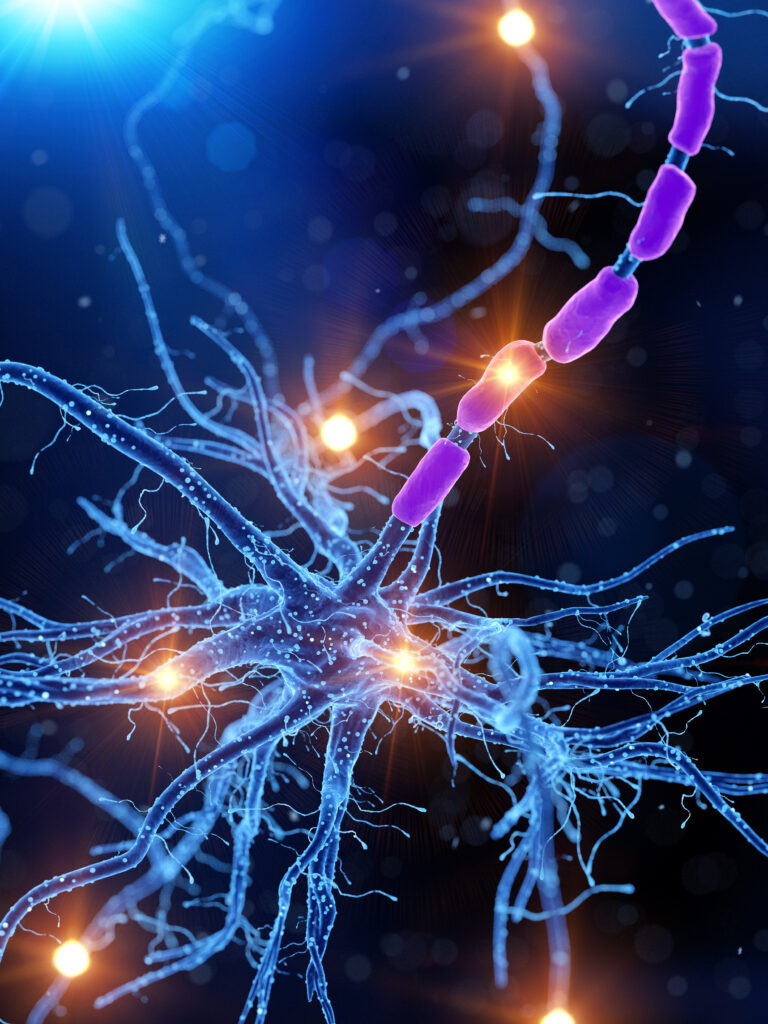Retinoid creams have been hailed as miracle workers in the world of skincare. From fighting acne to reducing wrinkles, these creams have been praised for their ability to transform the skin. But what exactly are retinoids and what makes them so effective? In this article, we will dive into the world of retinoid creams, exploring their benefits, how they work, and the best way to incorporate them into your skincare routine.
Firstly, let’s define what retinoids are. Simply put, retinoids are a class of chemical compounds derived from Vitamin A. They are commonly used in skincare products due to their ability to improve cell turnover and stimulate collagen production in the skin. The most well-known retinoids used in skincare are retinol, retinaldehyde, and tretinoin. These ingredients can be found in various forms such as creams, serums, and oils.
One of the main benefits of using retinoid creams is its anti-aging properties. As we age, our skin’s natural collagen production decreases, leading to fine lines, wrinkles, and sagging skin. Retinoids work by increasing cell turnover and stimulating the production of new collagen, resulting in smoother and firmer skin. They also help to reduce hyperpigmentation and dark spots, giving the skin a more even tone and texture.
Retinoid creams also have significant benefits for those struggling with acne-prone skin. These creams work by unclogging pores and reducing oil production, which are key factors in acne formation. They also help to speed up the healing process of existing breakouts, minimizing their appearance and preventing new ones from forming. Additionally, retinoids can also improve the appearance of acne scars over time.
Another lesser-known benefit of retinoid creams is their ability to improve the overall health of the skin. They act as powerful antioxidants, protecting the skin from damage caused by free radicals and environmental stressors. This can result in a brighter and more radiant complexion. Retinoids also have anti-inflammatory properties, making them suitable for those with sensitive or reactive skin.
Now that we understand the benefits of retinoid creams, let’s discuss how they work. When applied to the skin, retinoids convert into retinoic acid, which then binds to specific receptors in the skin cells. This triggers a cascade of events, including increased cell turnover and collagen production. As a result, the skin becomes smoother, firmer, and more youthful-looking.
However, with great benefits come potential side effects. Retinoids can cause skin irritation, dryness, and flakiness when first starting to use them. This is known as the “retinization” period, and it usually subsides after a few weeks of consistent use. It is essential to start with a low concentration of retinoids and gradually increase as your skin becomes accustomed to it. It is also crucial to use sunscreen daily when using retinoid creams as they can make the skin more sensitive to sunlight.
When incorporating retinoid creams into your skincare routine, it is best to use them at night. This is because retinoids can make the skin more sensitive to sunlight, and using them at night allows for maximum absorption and effectiveness. It is also essential to apply moisturizer after using a retinoid cream to help with any dryness or irritation.
In conclusion, retinoid creams are a game-changer in the world of skincare. With their anti-aging, acne-fighting, and skin-improving properties, they have become a staple in many people’s routines. However, it is essential to use them correctly and be patient as results may not be immediate. So next time you’re shopping for skincare products, be sure to add a retinoid cream to your cart and let it work its magic on your skin.
But wait, here’s a twist – did you know that retinoids are not just for the face? Yes, you read that right. Retinoid creams can also be used on the neck and chest area to combat signs of aging and improve the overall appearance of the skin. These areas are often neglected in our skincare routines, but they can show signs of aging just as much as our faces. So why not extend the benefits of retinoids to these areas as well? Just remember to use a lower concentration and be mindful of any sensitivity.
In the world of skincare, there is always a new trend or ingredient that promises to give us flawless skin. However, retinoids have stood the test of time and continue to deliver impressive results. So whether you’re looking to fight signs of aging or clear up acne, don’t overlook the power of retinoid creams. Your skin will thank you.

